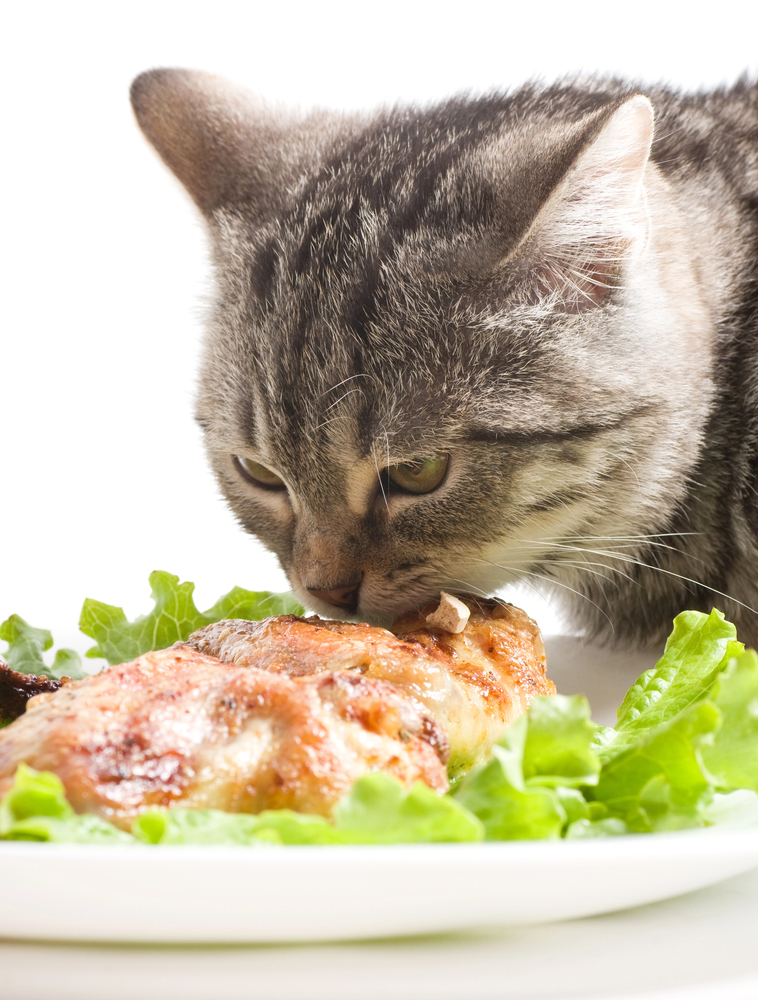
Not everything in your kitchen is safe for your pet. Learn which everyday foods can be harmful—and how to keep curious paws out of trouble.
Read Time: 4 minutes
Sharing a snack with your dog or letting your cat lick your plate might seem harmless, but many common human foods are actually dangerous for pets. Even small amounts can lead to digestive upset, toxicity, or life-threatening complications. What’s safe for us isn’t always safe for them, and some foods are more harmful than you might think.
Dangerous Foods You Might Already Have at Home
Chocolate is one of the most well-known toxins for dogs and cats. It contains theobromine, a compound that pets can’t metabolize efficiently. Dark chocolate and baking chocolate are especially potent. Symptoms of chocolate poisoning can include vomiting, diarrhea, rapid breathing, and seizures.
Grapes and raisins are also extremely toxic—particularly for dogs. Even a small quantity can cause sudden kidney failure. The exact compound responsible remains unknown, but the effects can be severe and irreversible without immediate intervention.
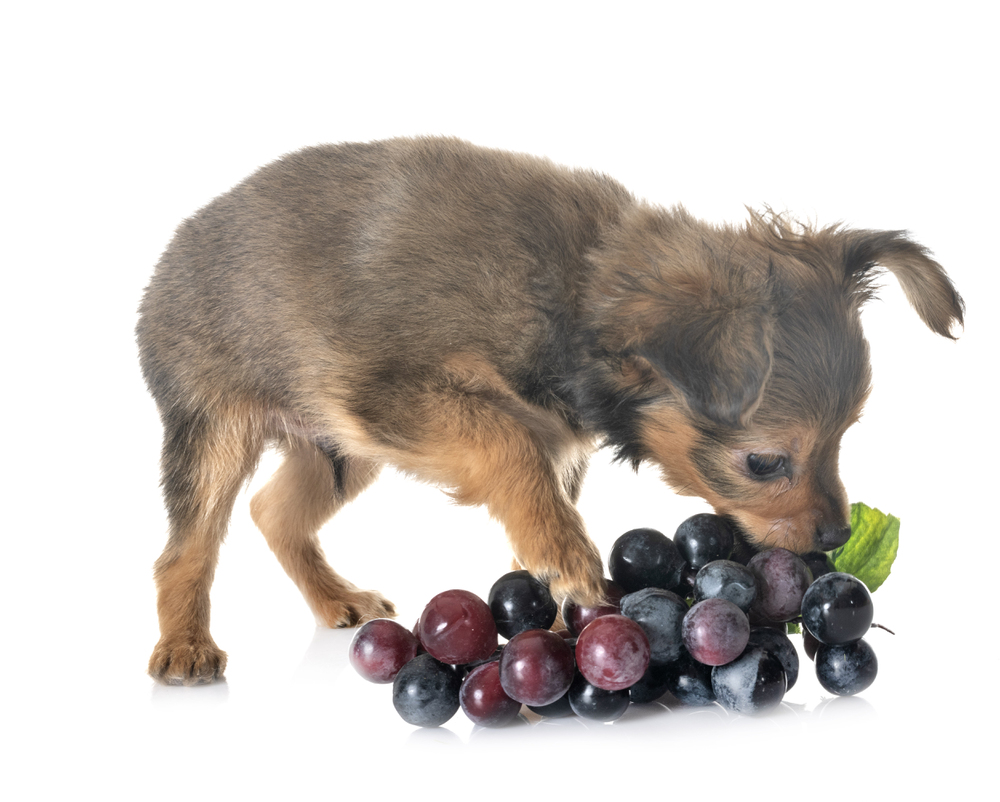
Onions, Garlic, and Chives
These kitchen staples can damage red blood cells in both dogs and cats, leading to anemia. Whether raw, cooked, or powdered, these ingredients should always be off-limits. Ingesting them may cause weakness, lethargy, vomiting, and pale gums.
Foods That Seem Healthy—But Aren’t
Avocados contain a substance called persin, which can be dangerous in large amounts, especially for birds and small animals. While the flesh is less toxic to dogs and cats, it’s best to avoid it altogether due to potential gastrointestinal upset.
Nuts like macadamias are toxic to dogs and can cause tremors, overheating, and weakness. Even non-toxic nuts (like almonds or walnuts) can be choking hazards or cause digestive blockages. Xylitol—a sugar substitute found in sugar-free gum, candy, and even peanut butter—is highly toxic to dogs and can cause a rapid drop in blood sugar or liver failure.
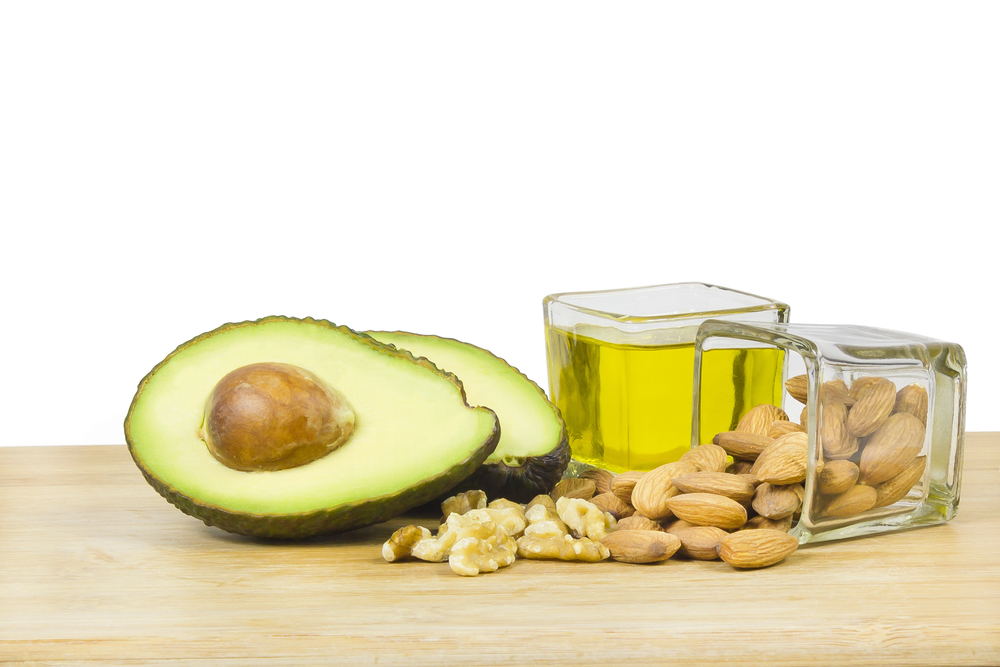
Hidden Risks in Holiday and Party Foods
Special occasions often bring foods that are especially risky for pets. Fatty meats like turkey skin, ham, and gravy can lead to pancreatitis, a painful and sometimes dangerous condition. Bones, even when cooked, can splinter and cause choking or gastrointestinal damage.
Sweets are another danger zone. Beyond chocolate and xylitol, desserts often contain alcohol, caffeine, or nutmeg—all toxic to animals. Even fruit salads can pose a risk if they contain grapes or citrus fruits. It’s important to remind guests not to slip your pet table scraps, no matter how cute they look begging under the dinner table.
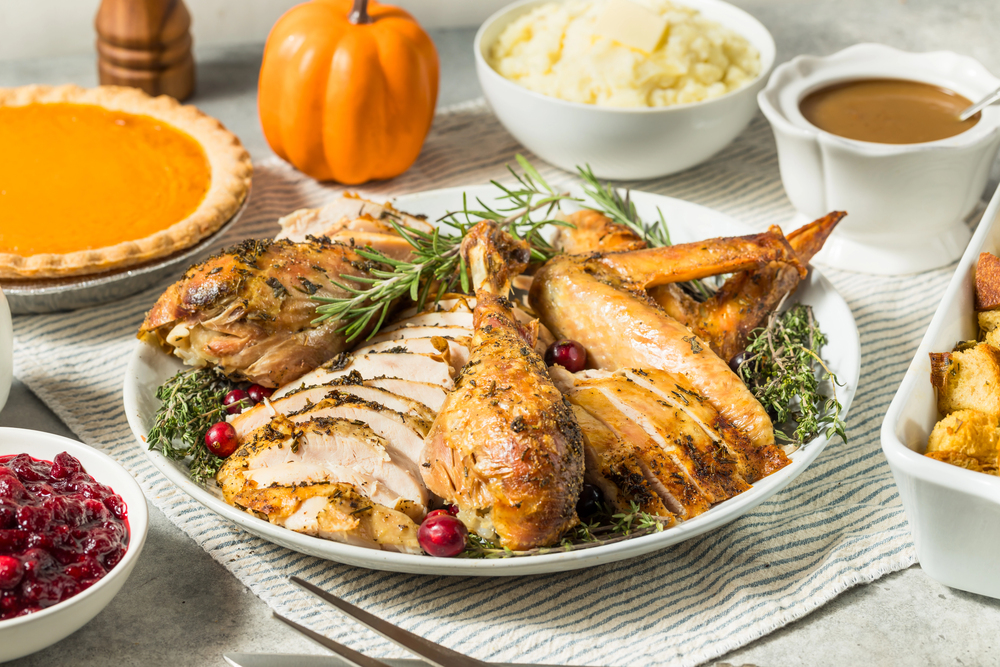
What To Do in Case of an Emergency
If your pet has accidentally eaten any of these items, don’t wait for symptoms to appear. Call your nearest emergency veterinary hospital right away. Try to identify what your pet ate, how much, and when—it will help the veterinary team respond quickly and effectively.
If you’re unsure or need urgent help, our team at Windermere Veterinary Services is here for you. Call us at (407) 217-7635 for immediate guidance—we’re committed to keeping your pets safe, healthy, and cared for when it matters most.
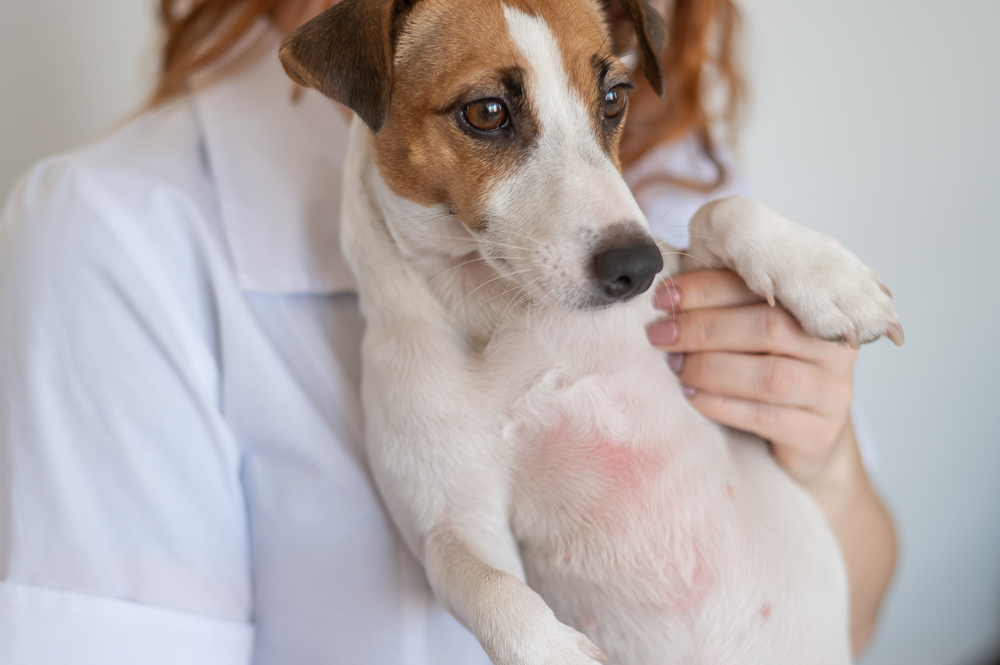
Safe Alternatives for Treat Time
While the list of unsafe foods is long, there are plenty of safe snacks you can share with your pet. Dogs often enjoy small amounts of plain cooked chicken, carrots, green beans, or blueberries. Cats may nibble cooked fish, plain eggs, or small portions of cheese—though dairy can cause stomach upset in some.
As a general rule, treats should make up no more than 10% of your pet’s daily calories. Always introduce new foods in small quantities and watch for signs of allergies or sensitivities.
We’ll Help You Keep Your Pet Safe
Knowing what not to feed your pet is just as important as choosing the right food. At Windermere Veterinary Services, we’re here to answer your questions about pet nutrition, digestive health, and toxic food risks.
Not sure what’s safe? Have a pet who’s eaten something questionable? Call us at (407) 217-7635 or book an appointment today. We’ll help you protect your best friend from everyday hazards.
Prevention Starts in the Pantry
Most cases of pet poisoning are preventable. Store food securely, keep countertops clear, and educate everyone in the household on what’s safe to share. It only takes a moment of curiosity for a pet to eat something harmful—but with a little planning, you can prevent accidents before they happen.
Let Windermere Veterinary Services be your partner in proactive care. Together, we can keep your pet healthy, happy, and out of the emergency room.

